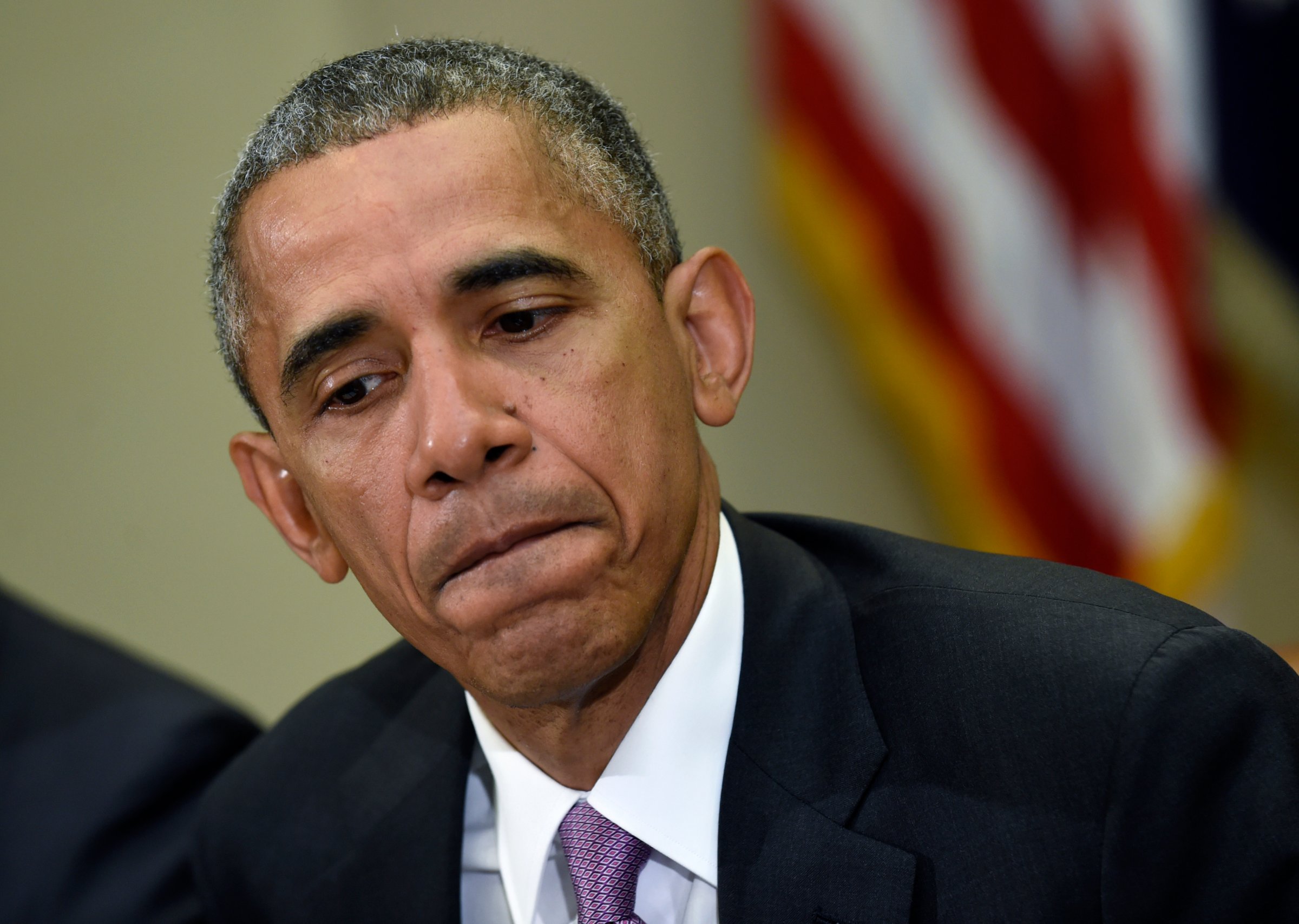
Zócalo Public Square is a magazine of ideas from Arizona State University Knowledge Enterprise.
It’s poignant to watch President Obama fight for the legacy of Bill Clinton while Hillary Clinton coyly refuses to join in, lest she offend the regressive forces within her party that the Clintons once eagerly confronted.
Obama is selling the nation on an ambitious free trade deal to bind together a dozen Pacific nations in the Americas and East Asia. This Trans-Pacific Partnership (TPP) would represent 40 percent of the world’s GDP and a potentially valuable counterweight to Chinese influence in Asia. In pushing passionately for this deal, Obama is following the playbook of Bill Clinton, who – embracing the notion that the outside world offers the U.S. more opportunities than dangers — faced down organized labor to adopt the North American Free Trade Area.
Presidential candidates tend to make anti-trade talk. But America hasn’t had a truly protectionist president since Herbert Hoover. That’s no accident. When it comes to the nation’s overall welfare, the case in favor of expanding trade is too overwhelming to ignore if you sit in the Oval Office. It is hard to lead the world if you are afraid to trade with it.
But in politics, trade has become to many on the left what immigration is to the right: the convenient foreign scapegoat for everything people uncomfortable with change are upset about. Call it bipartisan xenophobia: Conservative Republicans unfairly demonize foreigners in this country; liberal Democrats unfairly demonize foreigners in other countries.
Those opposing the trade deal disingenuously accuse the administration of shrouding its pernicious giveaway to corporations and foreigners in unprecedented secrecy. Never mind that treaty negotiations between nations are always conducted behind closed doors, and that presidents have been granted congressional authority to negotiate such deals and refer them for a straight up-or-down vote since the 1930s. Of course, alleging there is something dodgy about foreigners is an old tactic. Hence the Republicans’ absurd charges that the administration acted dictatorially in its executive orders on immigration.
Here are facts on trade. Clinton’s much-maligned North American Free Trade Agreement led to an explosion in trade within North America. Mexico is now the second-largest buyer of American goods on earth, importing more U.S. goods than all of the once-heralded “BRIC” countries (Brazil, Russia, India, and China) combined.
Democrats in Congress who oppose their president on TPP, and a similar proposed deal with the European Union, should all read a recent Wall Street Journal story on how Mexico become the fourth-largest exporter of cars in the world. Mexico has attracted more than $20 billion in new investments by automakers and parts suppliers in recent years. Most of their recent investment decisions have gone Mexico’s way, but not because of labor costs. Mexico now has something precious the U.S. does not have: free trade agreements, beyond NAFTA, with many of the world’s largest economies, including the European Union. The lead example in the story was Audi’s decision to build its Q5 in Mexico instead of the US, because the company doesn’t want to pay the costly tariffs it would need to bring a U.S.-made car into Europe.
The current TPP fight, like many of our other debates around trade, is stuck in a caricature-ish and outdated view of a global economy neatly divided between north and south, one in which it is unreasonable (so goes the labor unions’ argument) to ask us affluent folks in the global north to compete with those striving underpaid poor people in the global south. The fact is that by 2030, an estimated two-thirds of middle-class consumers in the world will live in Asia. It would be self-defeating for the United States to retreat from its free trading agenda just when the purchasing power of consumers elsewhere reaches new highs.
Obama, who enjoys rare GOP backing on trade, needs to bring along a face-saving number of Democrats to close the deal, but a presidential primary season is hardly the best time for encouraging hustling politicians to “dig into the facts” of trade. Hillary Clinton advocated for the TPP as Secretary of State, but now ducks it, worried as she is by anyone outflanking her on the left.
Which leaves her husband. My free trader’s dream consists of Bill getting a hall pass from his wife’s campaign (or maybe slipping his security detail?) to speak out, on behalf of his own legacy.
Andrés Martinez is the editorial director of Zócalo Public Square and a professor at the Walter Cronkite School of Journalism at Arizona State University. He wrote this for Zócalo Public Square.
More Must-Reads from TIME
- Cybersecurity Experts Are Sounding the Alarm on DOGE
- Meet the 2025 Women of the Year
- The Harsh Truth About Disability Inclusion
- Why Do More Young Adults Have Cancer?
- Colman Domingo Leads With Radical Love
- How to Get Better at Doing Things Alone
- Michelle Zauner Stares Down the Darkness
Contact us at letters@time.com